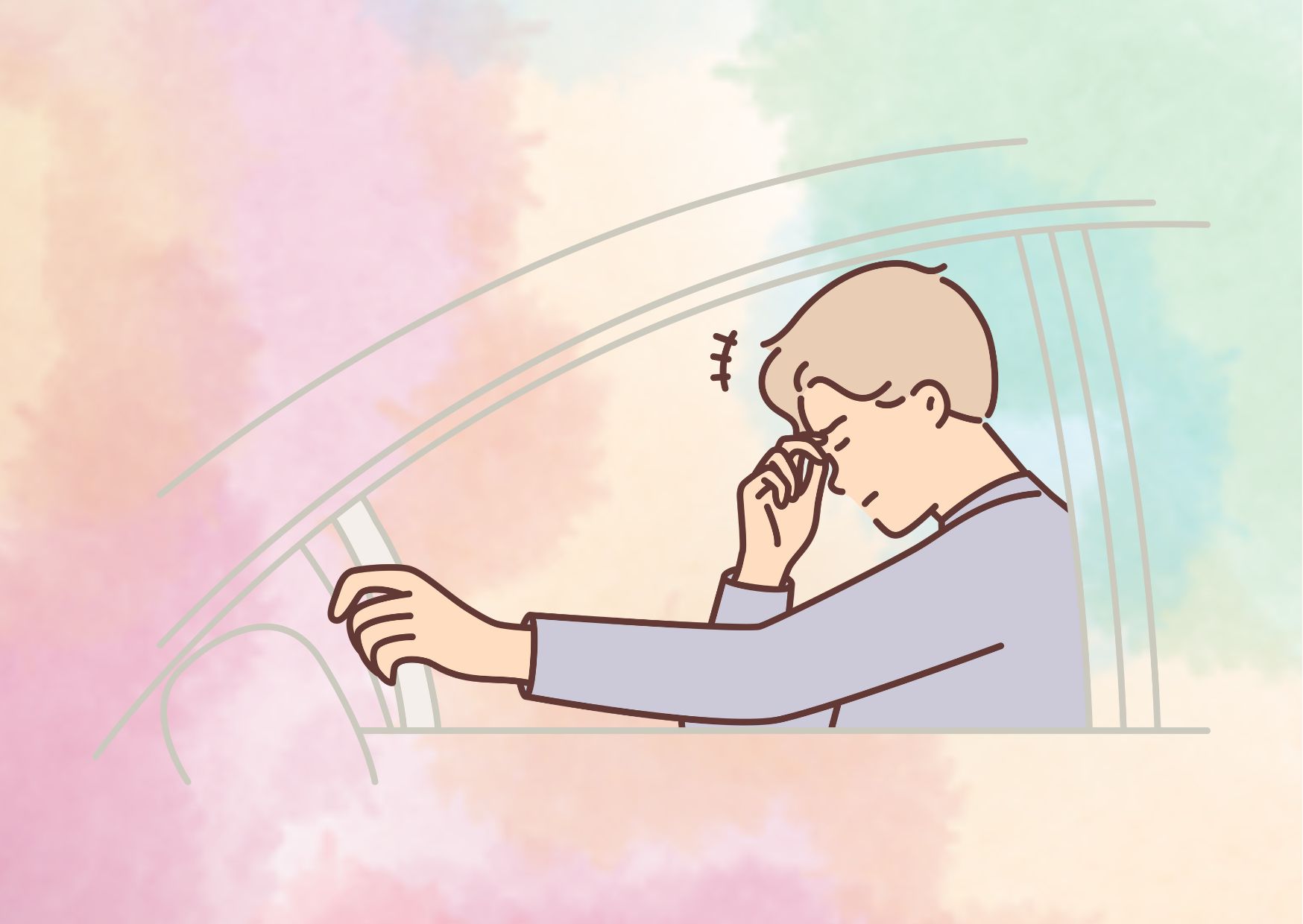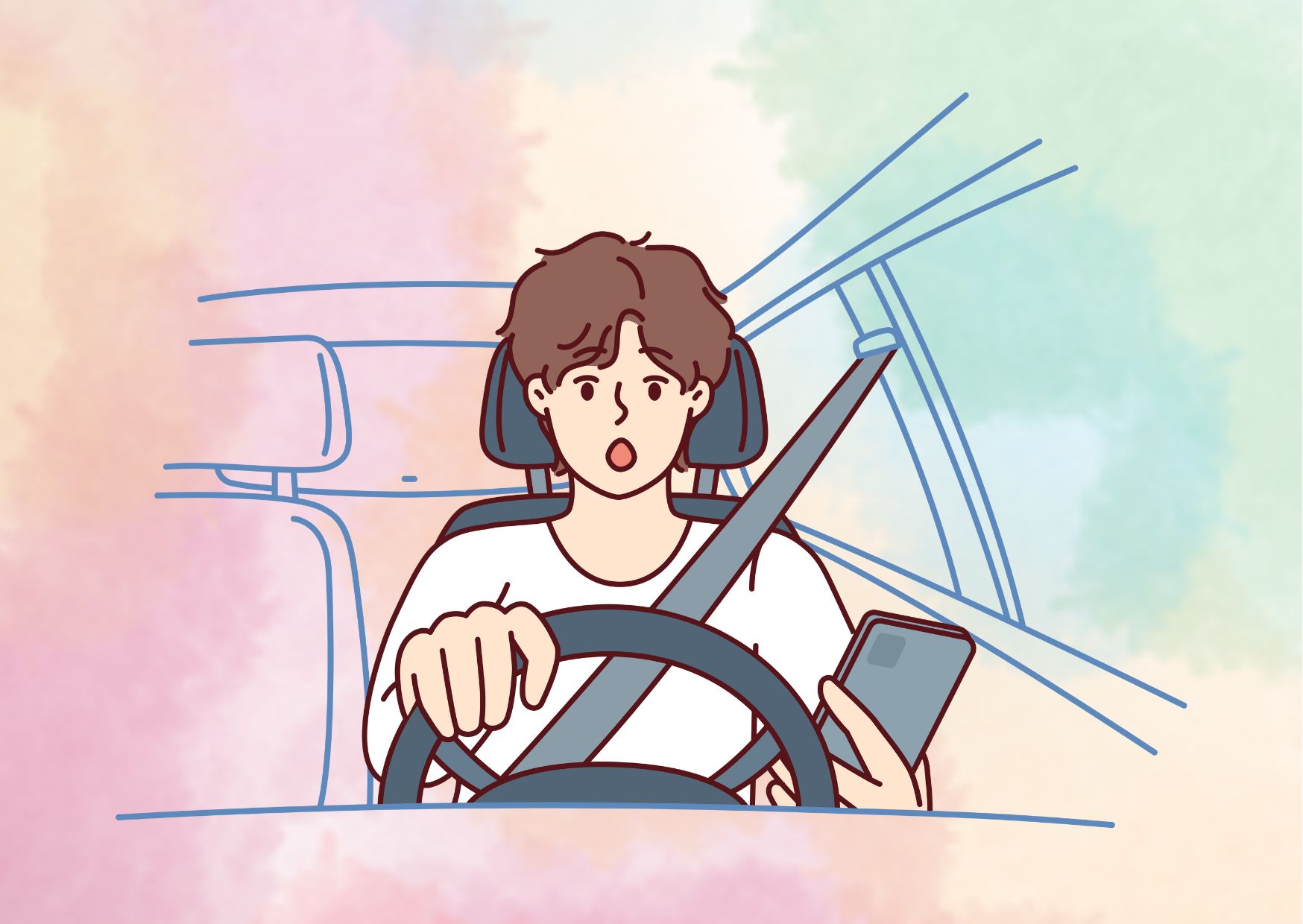8 Common Psychological Problems After a Car Accident
A car accident can trigger a range of psychological issues, even if physical injuries are minor or absent. The traumatic experience of being involved in a collision can leave lasting emotional scars, leading to conditions like post-traumatic stress disorder (PTSD), anxiety, and depression. These psychological effects often linger long after the accident, impacting the individual’s quality of life and ability to resume normal activities.
This article delves into the psychological impact of car accidents and the potential for long-term consequences such as PTSD. It examines the emotional trauma victims may face, steps for emotional recovery, pursuing compensation for emotional damages, the importance of legal representation, and resources available for support. Understanding and addressing these psychological effects is crucial for survivors’ overall well-being and journey towards healing.
Psychological Impact of Car Accidents
The psychological impact of a car accident can be profound and long-lasting. Even in the absence of physical injuries, the traumatic experience can leave emotional scars that significantly affect an individual’s mental well-being. Here are some common psychological problems that may arise after a car accident:
Post-traumatic stress disorder (PTSD)
One of the most severe psychological consequences associated with car accidents is post-traumatic stress disorder (PTSD). PTSD is an anxiety disorder that often develops after a traumatic event involving actual or threatened death, serious injury, or threat to one’s physical integrity or that of others. Symptoms of PTSD following a car accident may include:
- Re-experiencing the trauma through intrusive thoughts, distressing dreams, or flashbacks
- Persistent avoidance of thoughts, situations, or activities associated with the accident
- Emotional numbing or detachment from others
- Increased physical arousal, such as exaggerated startle responses, irritability, and sleep disturbances
Anxiety and phobias
Car accidents can trigger various anxiety disorders and phobias, including:
- Dystychiphobia (fear of accidents): Individuals may experience extreme anxiety at the thought of being in an accident, leading them to avoid situations where one might occur, even if the likelihood is low.
- Driving phobia: Frequently, emotional reactions to car accidents lead to a severe phobia of driving. The prospect of getting into a car or behind the wheel might cause physical discomfort, intense anxiety, flashbacks, and psychological suffering.
- OCD (Obsessive-Compulsive Disorder) related to car accidents: Some individuals may develop obsessive thoughts and compulsions related to fears of causing or being involved in a car accident.
Depression and emotional distress
Car accidents can result in significant emotional distress and trauma, which can negatively impact an individual’s daily life. Symptoms may include:
- Feelings of mental anguish, anxiety, mood swings, and anger
- Fearfulness and feelings of humiliation
- Crying spells, sleep issues, and nightmares
- Loss of appetite and interest in usual activities
These psychological effects can be unexpected and debilitating, but there are steps that can be taken to alleviate the symptoms and aid in the recovery process, such as seeking professional help, talking about feelings with loved ones, and gradually returning to daily routines and activities.
Emotional Trauma and Its Effects
The emotional trauma resulting from a car accident can manifest in various ways, leaving lasting psychological scars on the victims. Here are some of the common effects:
Recurring memories and flashbacks
A hallmark PTSD symptom following a car accident is recurring nightmares and flashbacks even when awake, causing victims to repeatedly experience the emotional trauma. Intrusive thoughts about the accident can trigger distressing memories, making it challenging to move forward.
Avoidance behaviors
PTSD sufferers often try to avoid anything that reminds them of their traumatic experience. In the case of car accidents, this may include avoiding driving, riding in a car, or even discussing the event. This avoidance behavior can significantly disrupt daily routines and activities.
Social withdrawal and self-harm
Emotional numbing, a prevalent PTSD symptom, leaves individuals disconnected from their feelings, reducing pleasure, inducing hopelessness, and adversely affecting personal relationships. In severe cases, this emotional detachment can lead to social withdrawal and, in some instances, self-harm behaviors as a means of coping with the overwhelming emotional distress.
The emotional impact of a car accident can be profound and long-lasting, affecting various aspects of an individual’s life. Recognizing these effects and seeking appropriate support and treatment is crucial for facilitating the recovery process and promoting overall well-being.
Long-Term Consequences
The long-term consequences of a car accident can be far-reaching and profoundly impact an individual’s life. Even after physical injuries have healed, the psychological scars may linger, leading to persistent psychiatric symptoms, the development of phobias, and disruptions to daily life and routines.
Persistent psychiatric symptoms
For some individuals, the psychological effects of a car accident can persist for an extended period, even years after the traumatic event. Studies have shown that a significant portion of survivors do not fully recover, with symptoms of post-traumatic stress disorder (PTSD), anxiety, and depression lingering long after the accident.
One study published in the American Journal of Psychiatry found that a third of subjects reported ongoing psychiatric symptoms such as PTSD, phobic travel anxiety, general anxiety, and depression at both the 3-month and 1-year follow-up after the accident. While some victims reported improvement over time, others described new psychiatric symptoms developing long after the initial trauma.
Development of phobias
Car accidents can trigger the development of specific phobias, which can significantly disrupt an individual’s daily life. One common phobia that may arise is amaxophobia, or the fear of driving. Individuals with this phobia may experience intense anxiety, panic attacks, or avoidance behaviors when faced with the prospect of driving or even riding in a car.
Another related phobia is dystychiphobia, an excessive fear of all forms of physical accidents, including those that occur on the road, at home, or in public spaces. This phobia can stem from the traumatic experience of the car accident, leading to constant worry and avoidance of situations perceived as potentially dangerous, even when the risk is minimal.

